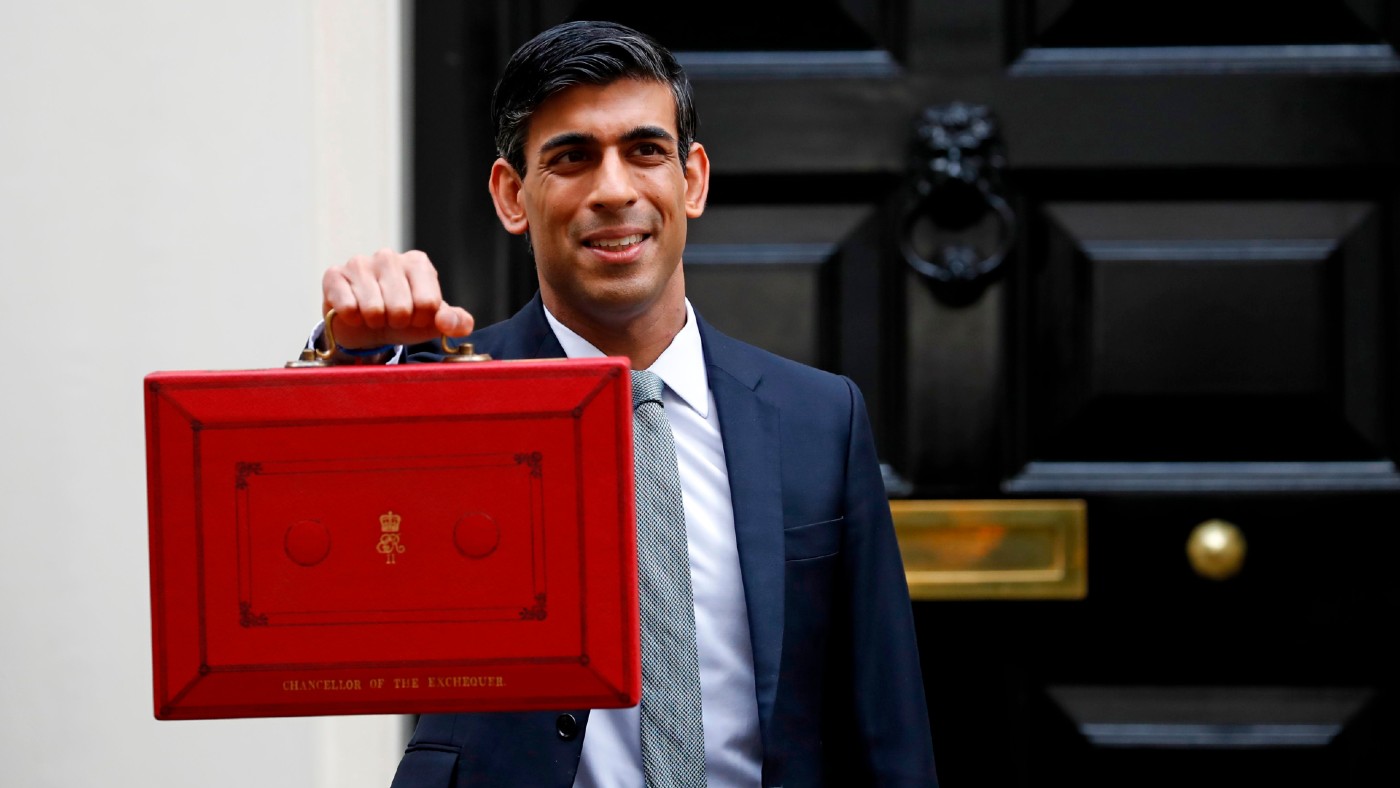UK Budget 2021 Key Points
Rishi Sunak, Chancellor of the Exchequer, unveiled the UK Budget 2021 on Wednesday, 3 March. If you're wondering how this coronavirus budget will affect you, these key points at-a-glance should answer all your queries.
Coronavirus
The government has extended the furlough scheme until September 2021, and will also extend the Self Employed Income Support Scheme and the additional £20 paid to Universal Credit applicants until the end of September. Other moves include an additional one-off payment of £500 for all Working Tax Credit applicants and an increase to the minimum wage requirement from April.
- Furlough to be extended until the end of September
- Government to continue paying 80% of employees' wages for hours they cannot work
- Employers to be asked to contribute 10% in July and 20% in August and September
- Support for the self-employed also to be extended until September
- 600,000 more self-employed people will be eligible for help as access to grants is widened
- £20 weekly uplift in Universal Credit worth £1,000 a year to be extended for another six months
- Working Tax Credit claimants will get £500 one-off payment
- Minimum wage to increase to £8.91 an hour from April
The Economy
The UK economy is forecast to get back to pre-COVID levels by mid-2022 but shrank by 10% through 2020.
Around 700,000 people are now claiming unemployment benefits and UK borrowings are set to reach a record level of £234bn by 2021/2022.
Taxation
There will be no changes to rates for income tax, national insurance, or VAT and this will be frozen for the next five years.
The government hopes to claw back some of the coronavirus support given to businesses by way of increasing corporation taxes on company profits to 25%. The move has been branded a smash and grab on business by many UK newspapers, however, it will only come into place from 2023 and is limited to companies declaring profits of more than £250,000.
Other tax changes include retaining the stamp duty holiday for house purchases until the end of June 2021 and freezing inheritance tax thresholds.
It's forecast that the freeze to tax thresholds will mean more than one million people will be paying income tax by the year 2026.
- No changes to rates of income tax, national insurance or VAT
- Tax-free personal allowance to be frozen at £12,570 from April 2021 levels to 2026
- Higher rate income tax threshold to be frozen at £50,270 from April 2021 levels to 2026
- Corporation tax on company profits above £250,000 to rise from 19% to 25% in April 2023
- Rate to be kept at 19% for about 1.5 million smaller companies with profits of less than £50,000
- Stamp duty holiday on house purchases in England and Northern Ireland extended to 30 June
- No tax charged on sales of less than £500,000
- Inheritance tax thresholds, pensions life time allowances and annual capital gains tax exemptions to be frozen at 2020-2021 levels until 2025-26
Health and education
More money has been allocated for the rollout of the UK COVID vaccination and testing programme alongside more support for victims of domestic violence, veterans with mental health needs and victims of Thalidomide.
Arts and Sport
Almost £400m has been pledged to arts venues to help with the re-opening, and £325m for sport, including professional sport and grassroots soccer.
Additional Support
Business investment is to be encouraged by way of £20bn of tax breaks with the ability to cut taxable profits by up to 130%.
Further incentives will be available for businesses to take on trainees and apprentices.
Hospitality firms will continue to be taxed at 5% VAT until September, which will then be increased to 12.5% for the next six months.
The business rates holiday in England will continue until June when a 75% discounted rate will be introduced and business restart grants will be available for all businesses that were forced to close due to the pandemic.
All alcohol, fuel and tobacco taxes are frozen for the time being.
A new UK Infrastructure Bank is to be established in Leeds and a Treasury campus will be set up in the town of Darlington.
Funds of up to £1bn have been promised to promote town centre regeneration, for community groups looking to purchase sites of local interest, such as village pubs and to support the development of free ports at a variety of sites.









